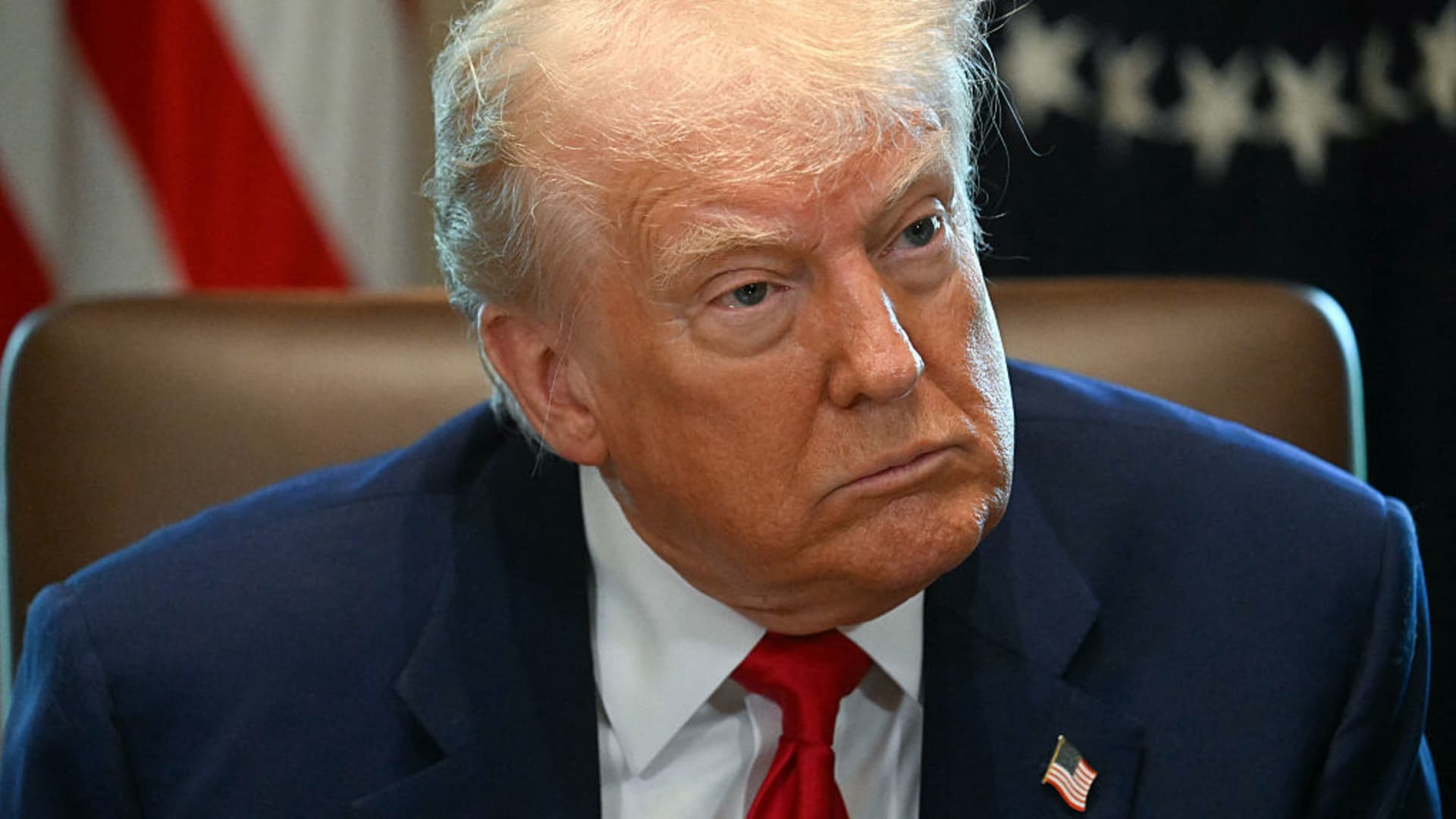The U.S. Chamber of Commerce and Trump’s Tariff Policies
The U.S. Chamber of Commerce, a formidable lobbying group representing millions of businesses, has found itself in a contentious relationship with the Trump administration over its tariff policies. This report explores the Chamber’s stance on tariffs, its interactions with the Trump administration, and the potential implications for the U.S. economy.
The Chamber’s Stance on Tariffs
The U.S. Chamber of Commerce has been steadfast in its opposition to President Trump’s tariff policies, asserting that they are harmful to the U.S. economy. The Chamber argues that tariffs result in higher prices for consumers, job losses, and escalated trade tensions. John Murphy, Senior Vice President and Head of International at the U.S. Chamber of Commerce, has been a vocal advocate for this position, emphasizing that tariffs are not a viable solution to trade imbalances.
The Chamber has advocated for a “tariff exclusion process” to minimize economic damage. This process would allow specific goods to be exempted from tariffs, thereby reducing the economic strain on businesses and consumers. Additionally, the Chamber has pushed for a permanent cessation of tariff threats, arguing that the uncertainty surrounding tariff policies is detrimental to businesses.
The Chamber’s Interactions with the Trump Administration
The U.S. Chamber of Commerce has employed various strategies to engage with the Trump administration, including lobbying, public statements, and legal threats. Initially, the Chamber considered legal action to halt the administration’s global tariff measures. However, it ultimately chose to focus on lobbying efforts, urging the administration to reconsider its tariff policies.
The Chamber’s lobbying efforts have included advocating for tariff exclusions and a permanent end to tariff threats. The Chamber has also welcomed temporary pauses in tariff implementation, such as the 90-day pause on “reciprocal” tariffs announced by President Trump. Despite these pauses, the Chamber has remained critical of the administration’s tariff policies, asserting that they are detrimental to the U.S. economy.
The Potential Implications for the U.S. Economy
The U.S. Chamber of Commerce’s opposition to Trump’s tariff policies has far-reaching implications for the U.S. economy. Tariffs can lead to higher prices for consumers, job losses, and increased trade tensions. The Chamber’s advocacy for tariff exclusions and a permanent end to tariff threats aims to mitigate these negative effects.
The Chamber’s lobbying efforts have also underscored the importance of trade in the U.S. economy. As a major player in global trade, the U.S. relies heavily on international trade, and tariffs can disrupt supply chains and harm businesses that depend on global markets. The Chamber’s stance on tariffs reflects the broader concerns of the business community about the potential economic damage caused by protectionist policies.
The Legal and Political Landscape
The legal and political landscape surrounding Trump’s tariff policies is intricate. The Trump administration has utilized various trade laws to impose tariffs, including the International Emergency Economic Powers Act (IEEPA) and a 1974 law that permits tariffs on countries with which the U.S. has trade imbalances. The administration has also faced legal challenges to its tariff policies, with some businesses and trade groups arguing that the tariffs are unlawful.
The U.S. Chamber of Commerce’s decision to lobby rather than sue the Trump administration reflects the political and legal challenges involved in contesting the administration’s tariff policies. The Chamber’s lobbying efforts have been directed at influencing the administration’s policies from within, rather than through the courts. However, the Chamber’s legal threats have also served as a reminder of the potential legal challenges to the administration’s tariff policies.
The Path Forward
The U.S. Chamber of Commerce’s opposition to Trump’s tariff policies underscores the broader concerns of the business community about the potential economic damage caused by protectionist policies. The Chamber’s lobbying efforts, calls for tariff exclusions, and legal threats have all been aimed at mitigating the negative effects of tariffs on the U.S. economy.
As the U.S. continues to navigate trade imbalances and the economic fallout from the COVID-19 pandemic, the debate over tariffs is likely to persist. The U.S. Chamber of Commerce’s stance on tariffs reflects the broader concerns of the business community about the potential economic damage caused by protectionist policies. The Chamber’s lobbying efforts, calls for tariff exclusions, and legal threats have all been aimed at mitigating the negative effects of tariffs on the U.S. economy. Ultimately, the path forward will depend on the administration’s willingness to engage with the business community and address their concerns. The future of U.S. trade policy will hinge on finding a balanced approach that fosters economic growth while addressing legitimate trade concerns.








